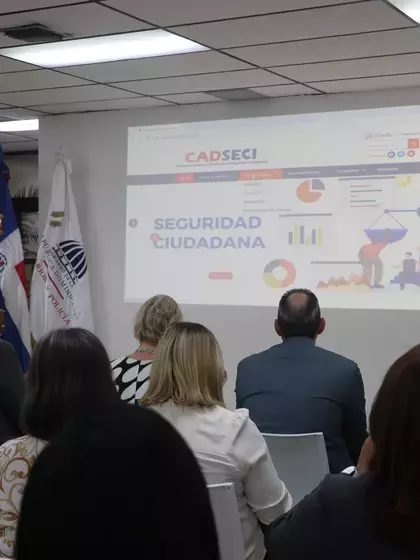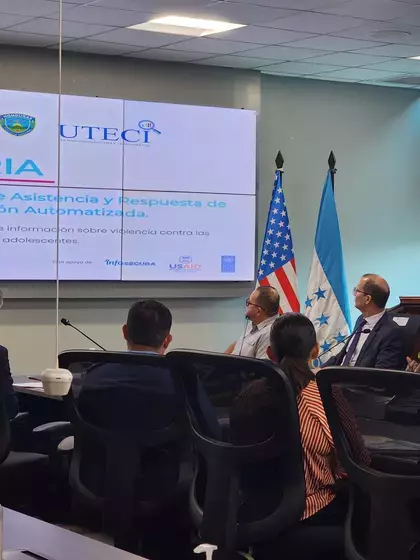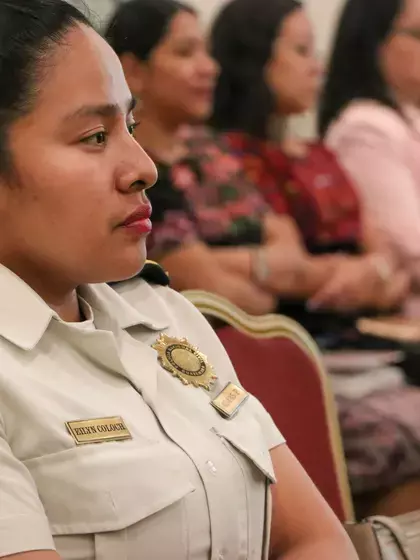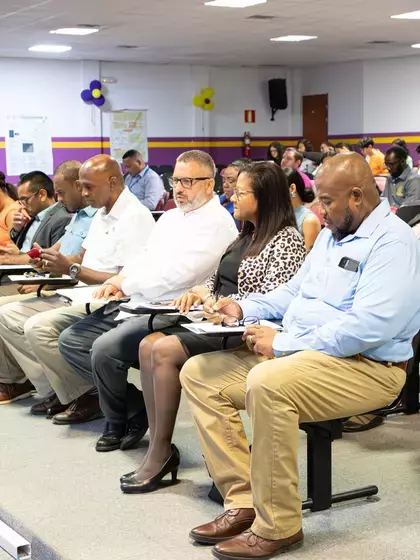Over 300 people—the majority women—trained in citizen security and social cohesion on the InfoSegura online Academy
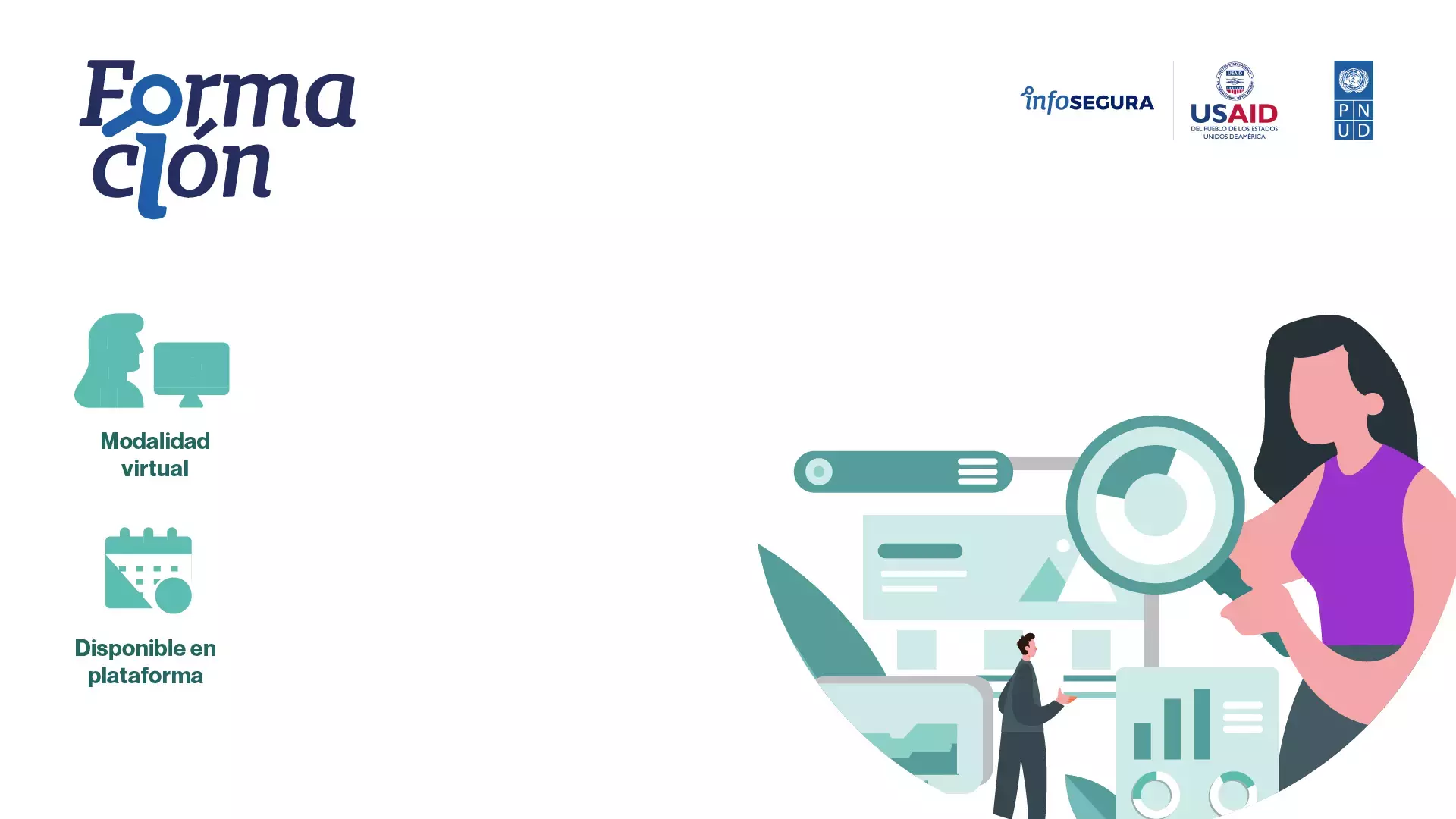
In all, 302 people from different institutions and organizations in Central America and the Dominican Republic were trained over three courses delivered on the TrainAction online platform hosted by UNDP-InfoSegura Regional Project in partnership with USAID. This was the first time that the number of women trained (157) surpassed the number of men (145).
The courses on Citizen Security, Justice and Social Cohesion, Impact Assessment of Citizen Security Policies and Introductory Course on Cybersecurity were supplemented with activities like a forum and trainee discussions, promoting exchanges and interaction among public officials, technical teams and individuals from civil society organizations in Honduras Guatemala, the Dominican Republic, El Salvador and Costa Rica.
Vice Minister of the Interior and Police of the Dominican Republic Jesús María Feliz led an active and constant group of participants from the Ministry who joined the training sessions from their offices. For her part, Dominican Vice Minister of Preventive Security Angela Jaquez stood out for her interventions, and laid out a set of necessary and relevant topics, such as the communication of citizen security from an institutional (governmental) perspective beyond the role or actions of the media.
The training consisted of three synchronous thematic sessions, providing opportunities for feedback from the participants. Attendees expressed satisfaction, given that their expectations had been fulfilled, as the capacity building activities focused on decision making in the processes involved in managing public safety.
These courses are for decision makers, technical teams, public employees, members of academia and researchers in the countries of Central America and the Dominican Republic, where project implementation has been underway since 2014. Courses combine methodologies like texts, activities, explanatory videos by subject-matter experts on each of the issues, up-to-date bibliographic material and supplementary reading, other audiovisual resources and active discussion in some modules.

